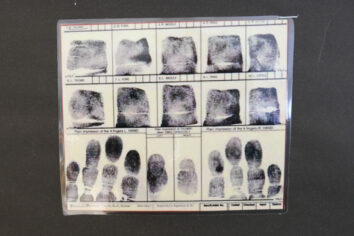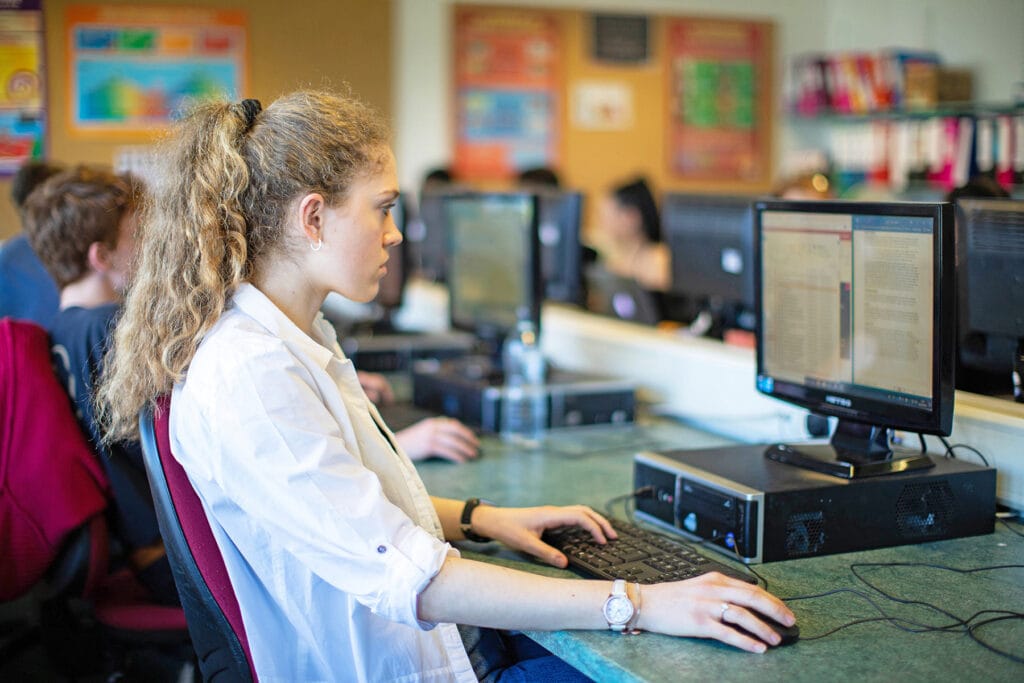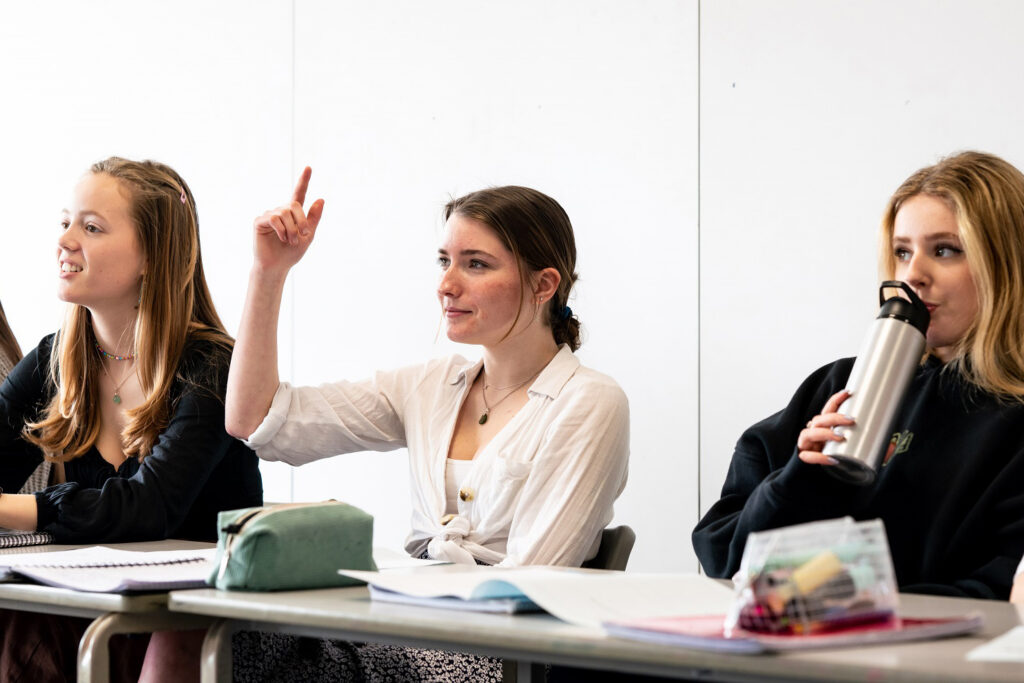New students starting in September: You can find more information about Induction days and submitting your GCSE results in our Start of Year Guide.
WHY CHOOSE THIS COURSE?
Should suspected terrorists have rights? Should euthanasia by legalised? Can you really get away with murder? Can we trust our judiciary? Does ‘life’ really mean life? Are sentences too soft? If these are the kind of questions that interest you, then studying law can give you the answers. The study of law is demanding but highly rewarding. It provides student with a platform to link theoretical rules with contemporary dilemmas, including police powers to arrest and detain, rights of individuals to protest, and celebrities protecting themselves from media invasion.
Apply for this course
Start date: 08/09/2025
TOP COURSE HIGHLIGHTS
Problem solving
critical analysis
debating
skills of persuasion
real life case studies

Trips
Visit the Houses of Parliament, the Supreme Court, and the Royal Court of Justice, as well as further afield to the United Nations in New York. Locally, all students will benefit from attending Truro Crown Court to witness the criminal process in action.

Law Academy
Students can join the Law Academy where they can embark upon wider aspects of law such as legal journalism, client care, introduction to forensics and crime and punishment.

Bar Mock Trial Competition
Students can hone their debating and advocacy skills by participating in the National Bar Mock Trial Competition and follow in the footsteps of our previous regional champions! Such additionality will enhance a students’ employability status and help to build their confidence.
WHAT WILL I LEARN?
You will examine how the English legal system works. This will provide you with an understanding of the different kinds of law we have, how these laws are made, applied, and updated as well as an appreciation of the role played by key personnel, both professional and lay members, in promoting justice. We also analyse aspects of the criminal law, such as the offences of murder, manslaughter, theft, robbery, and burglary as well as how liability is impacted by defences such as self-defence, consent, and diminished responsibility.
In our study of Tort law, we focus on the resolution of disputes between private individuals, including negligence, trespass, and nuisance claims. In addition, we examine the various remedies available, including compensation for personal injury.
We also consider the impact of, and level of protection afforded to human rights under the European Convention on Human Rights and the Human Rights Act 1998. We study fundamental rights such as our right to liberty, right to a fair trial, and right to assembly and at the same time, will analyse the potential impact of, for example, police powers and surveillance operations in diluting these rights.
WHERE WILL IT TAKE ME?
Possible careers after studying A Level Law include working as a barrister or solicitor, or within the business and finance, social welfare, politics, human resources, and journalism industries.
University courses in law, criminology, business, humanities, and social sciences are a common choice for our students once they have completed their studies. Several Higher Education options are available through the University Centre at Truro and Penwith for those students who want to remain in Cornwall after College.
assessment arrangements
Law is a natural partner to the study of English Language/Literature and History at A Level, but the syllabus content also connects well with subjects such as Politics, Psychology, Business and Sociology.
The A Level qualification is achieved following three examinations using the Eduqas awarding body. Across the three exam papers students will explain, apply, and evaluate the law. Your achievement in the subject will be dependent upon adopting a positive work ethic based upon excellent attendance, punctuality, and effort. This will include taking the time at home to fully consolidate the information discussed in class and to make your own revision notes.
You will learn in a supportive, friendly atmosphere, using a variety of assessment methods. You will also undertake mock examinations in advance of your final examinations. Finally, you will review your progress regularly with your tutor in 1:1 sessions during the course.
Entry Requirements
A high standard of literacy and good communication skills are key tools in the study of Law and therefore we require a Grade 6 (B Grade) in English or a Humanities related subject to be accepted on the course.
Information & Support
It is very important for students to take a wider interest in current affairs as it helps to make their course of study relevant. Therefore, it is crucial to read widely and to follow the news on a regular basis. Any work experience within a legal context, e.g., law firm, courts, CPS, CAB etc. will be immensely valuable, both to aid understanding and as a point of reference in university applications. A wide variety of electronic resource material is available in addition to a well-stocked Learning Centre.
For more information follow @tcbatle on Instagram, Facebook and on X (Twitter).
Meet the staff, tour the campus and find out about life as a student at one of the best colleges in the country.








